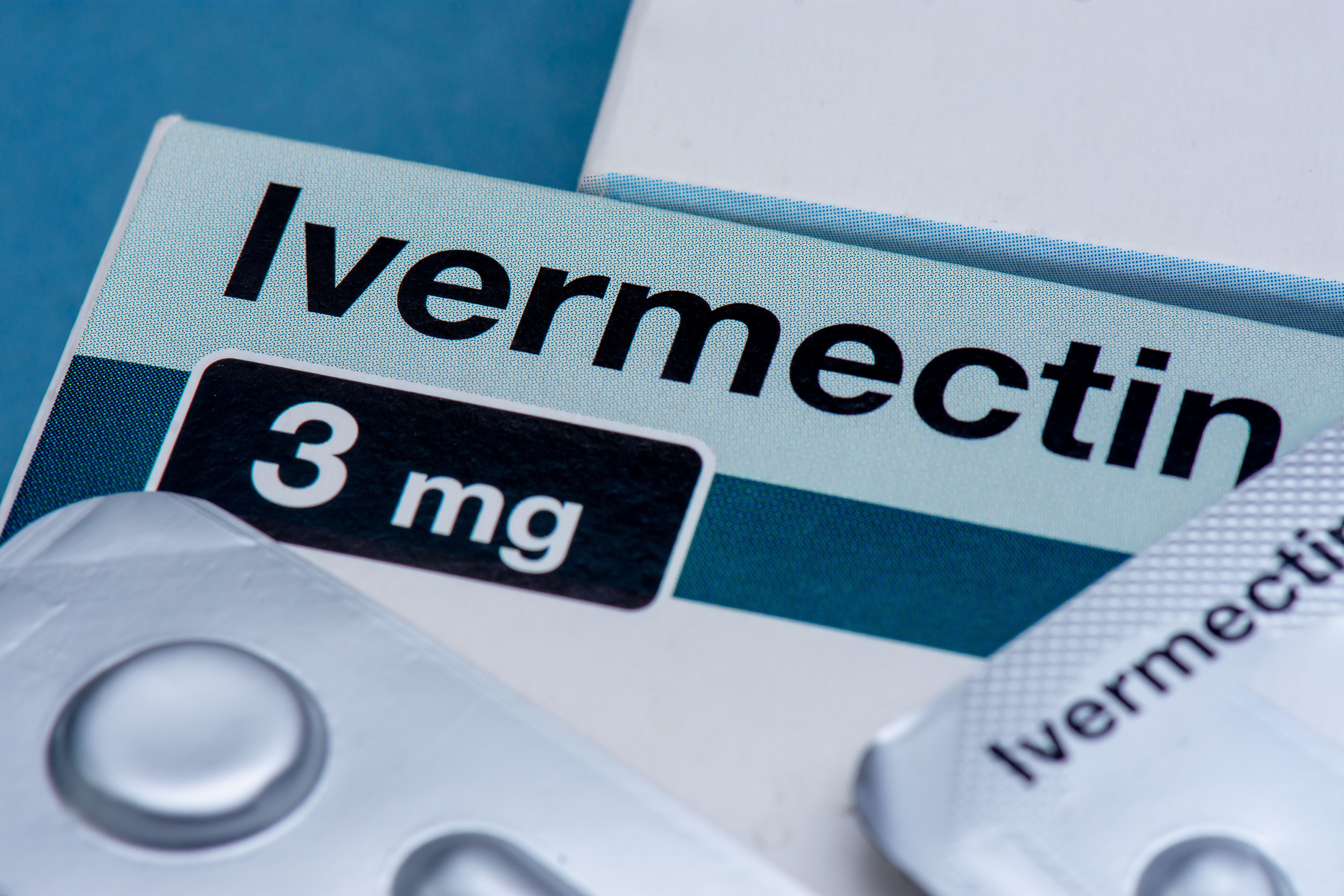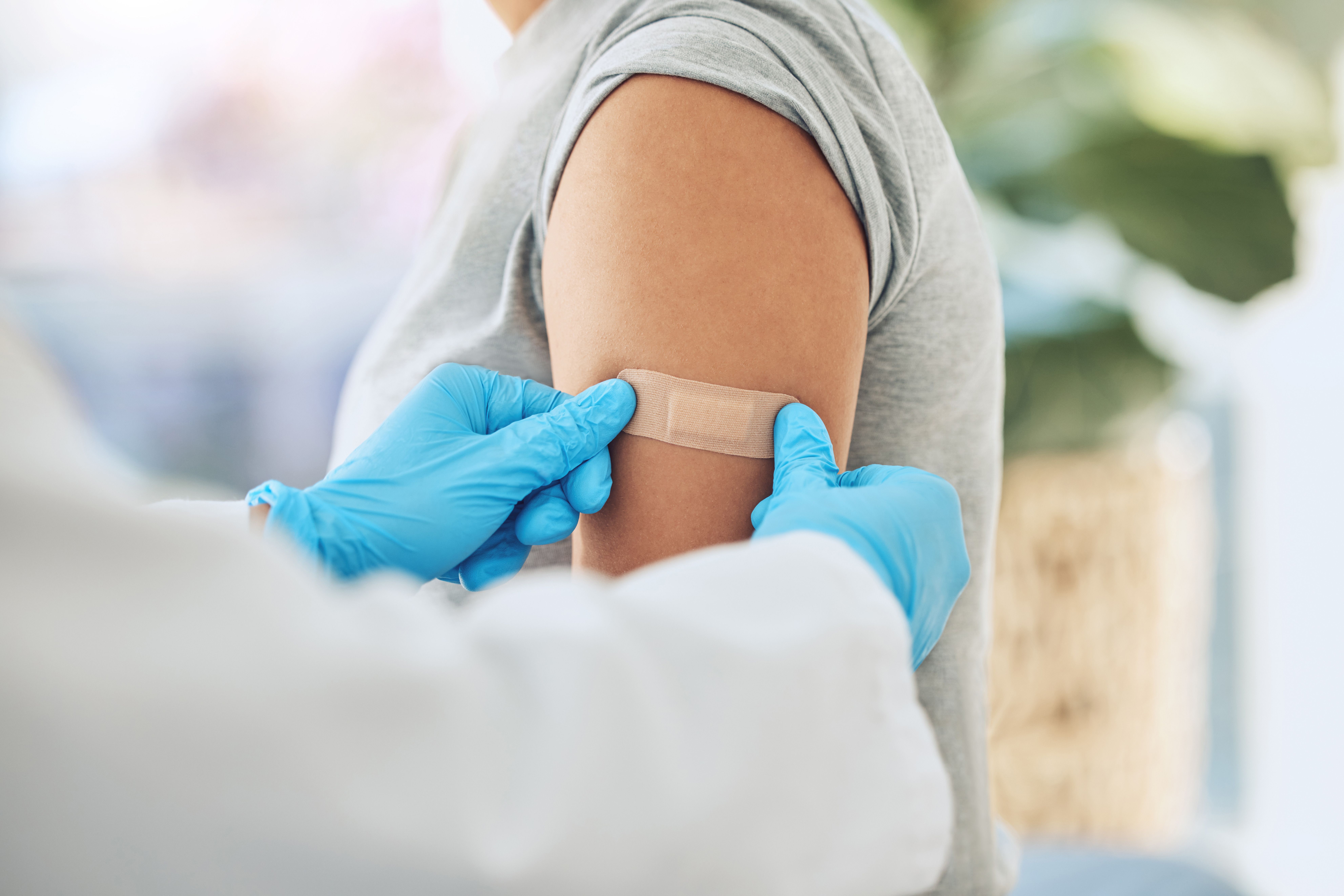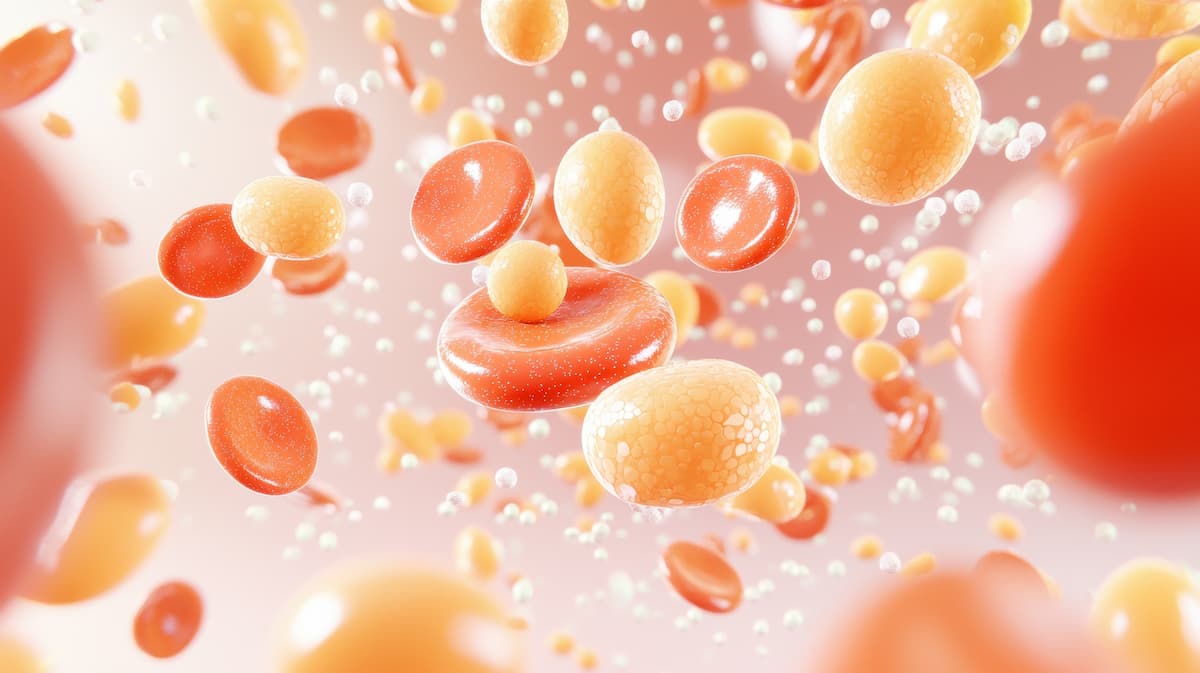Article
Levitating Human Plasma Can Lead to Faster, Reliable Disease Detection
Author(s):
Levitating human plasma may lead to simpler detection of diseases and the development of addiction to substances such as opioids.
Levitating human plasma may lead to faster, more reliable, portable, and simpler disease detection, according to new research from the Univeristy of British Columbia Okanagan (UBCO) campus, Harvard Medical School, and Michigan State University.
The researchers used a stream of electricity that acted similarly to a magnet and separated protein from blood plasma. Plasma is the clear, liquid portion of blood that remains after red blood cells, white blood cells, platelets, and other cellular components are removed.
“Human plasma proteins contain information on the occurrence and development of addiction and diseases,” said study co-author Sepideh Pakpour, an assistant professor with UBCO’s School of Engineering, in a press release.
Pakpour is using the proteins to predict opioid dependencies and addictions, but the findings could eventually lead to medical diagnoses using the technology.
Because plasma proteins are different densities, the proteins levitate at different heights when separated, and therefore become identifiable. An evaluation of these types of proteins and how they group together can paint a picture that identifies whether a patient has the possibility of getting a disease or becoming addicted to drugs such as opioids.
“We compared the differences between healthy proteins and diseased proteins to set benchmarks,” Pakpour said in the release. “With this information and the plasma levitation, we were able to accurately detect rare proteins that are only found in individuals with opioid addictions.”
According to Pakpour, the researchers are particularly excited about the possibility of developing a portable and accurate new diagnostic tool for health care practitioners.
“More investigation is required, but our findings are certainly a step forward towards an optical imaging disease detection tool,” Pakpour said in the press release.
The 5-minute test uses machine learning and predictive models. It may eventually lead to tools that can not only diagnose diseases, but also help practitioners prescribe medications that won’t lead to drug dependencies.
The researchers are now evaluating other dependencies and diseases to establish roadmaps for detection.
Reference
- Study points to better medical diagnosis through levitating human blood [news release]. The University of British Columbia website. Published February 20, 2020. https://news.ok.ubc.ca/2020/02/20/study-points-to-better-medical-diagnosis-through-levitating-human-blood/. Accessed March 4, 2020.
Newsletter
Stay informed on drug updates, treatment guidelines, and pharmacy practice trends—subscribe to Pharmacy Times for weekly clinical insights.

FDA Grants Full Approval to mRNA-1273 COVID-19 Vaccine in Children At Increased Risk




